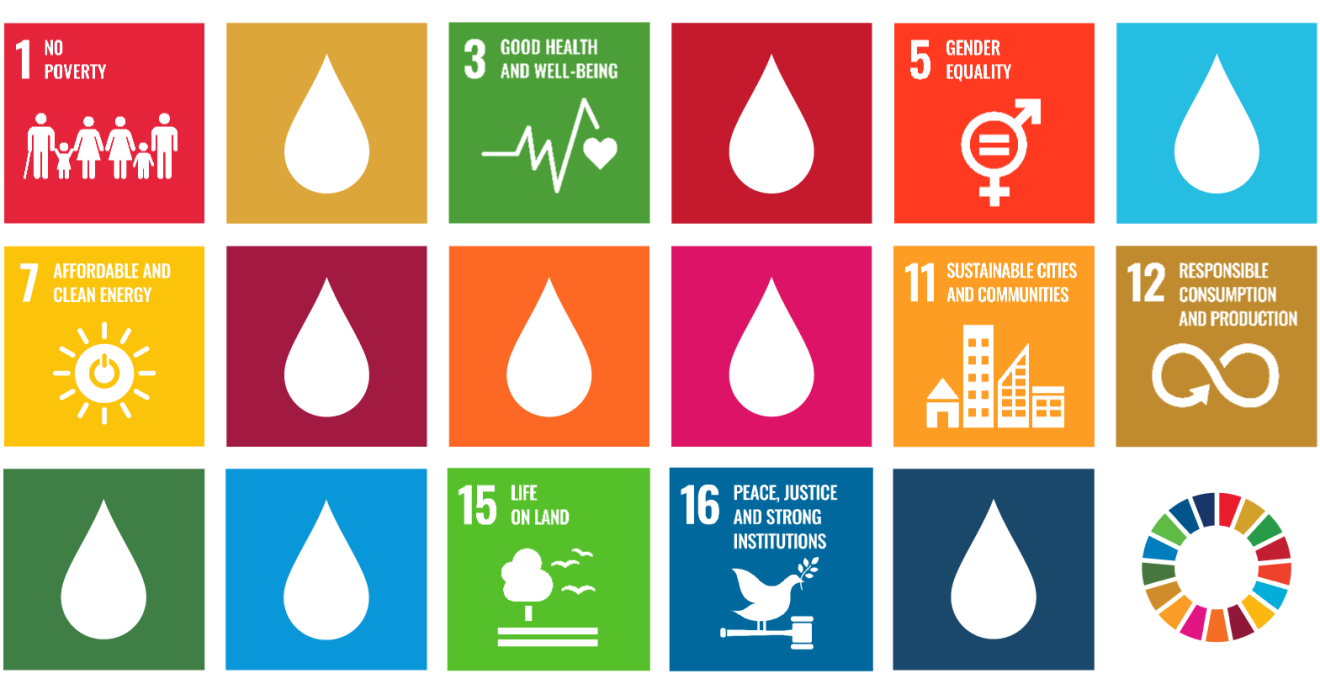As the world anticipates the UN 2023 Water Conference in New York, leaders are recognizing the essential role of water in the global development agenda. Moving beyond mere political discourse, there is a burgeoning awareness that effective financing is pivotal in transforming ambitious objectives into tangible on-the-ground initiatives. The recent ninth session of the Roundtable on Financing Water, conducted in collaboration with UN Water in Geneva from February 7-9, served as a platform where experts from the water and finance sectors converged. This gathering aimed to contribute a financial perspective to the forthcoming Water Action Agenda, which is expected to be a key outcome of the UN 2023 Water Conference.
Shifting Perspectives on Water: A Global Common Good
Revelations from recent research led by Johan Rockström indicate a profound transformation in our understanding of water. Departing from the traditional confines of national boundaries, the hydrological cycle is now acknowledged as a universal shared asset. Green water, comprising soil moisture and atmospheric vapor, journeys across extensive distances, fostering intricate interdependencies among non-riparian nations. Alterations in land use within one region can reverberate, shaping rainfall patterns in far-flung areas. This underscores the imperative to recognize precipitation-sheds, analogous to river basins, in the realm of global governance. The evolving perspective on water as a global common good signifies a critical paradigm shift with implications for collaborative approaches to water management and conservation on an international scale.
Climate Change and the Altered Hydrological Cycle
The impact of climate change on the hydrological cycle is profound. Rising temperatures lead to reduced blue water in rivers and lakes, accompanied by an increase in green water in atmospheric rivers. This shift has far-reaching consequences, affecting carbon capture and exacerbating greenhouse gas emissions. Recognizing water as a linchpin for addressing climate change, biodiversity loss, and food and energy security becomes imperative. Indigenous communities, with their traditional wisdom, offer valuable insights, emphasizing the need to view water and water bodies as entities endowed with rights, as exemplified by initiatives in New Zealand and Canada.
Mitigating Water Risks for Global Financial Stability
Changes in the hydrological cycle elevate the exposure and vulnerability of economies and communities to water-related risks. While financial institutions and regulators increasingly recognize the financial materiality of climate and nature risks, water risks are still nascent in their awareness. Pioneering work by the Dutch Central Bank illustrates how financial institutions in the Netherlands are exposed to flood risk. The disclosure of such exposure and vulnerability can drive corporate behavior change, raising the question of whether more mandatory regulatory or policy frameworks are needed to comprehensively address water-related financial risks.
Guiding Principles for the New Economics of Water
NgoziOkonjo-Iweala, Director General of the WTO, underscores the necessity for a fundamental commitment to water equity in the new economics of water. Defining the affordability of water services more accurately, ensuring access for poor households and communities to finance, and exploring innovative financing mechanisms are vital for achieving equitable access to water. The concept of debt-for-nature swaps emerges as a promising avenue, simultaneously addressing the sovereign debt burdens of emerging economies while contributing to financing water initiatives.
Raising Ambitions and Delivering on Commitments
The UN Water Conference in 2023 presents a historic opportunity to elevate global ambitions concerning water. With new scientific insights guiding action, available technologies, and financial resources ready to be mobilized, the international community can fulfill its high ambitions, especially in the context of restoring the hydrological cycle. As the conference approaches, it is crucial to recognize the potential of this gathering to set the stage for transformative initiatives and partnerships.
Practical Strategies for Implementation
Looking ahead beyond March 2023, the Roundtable on Financing Water directs its attention to pragmatic approaches for implementing and funding the pledges established during the UN 2023 Water Conference. This involves in-depth conversations regarding the contributions of diverse stakeholders, harnessing technological advancements, and pinpointing sustainable financing frameworks. The upcoming 10th meeting of the Roundtable, centering on Africa, presents an optimistic prospect for tackling the distinctive water-related challenges prevalent on the continent. Stakeholders are urged to maintain active involvement and proactively contribute to this continual global endeavor aimed at shaping effective and sustainable solutions for water management and accessibility worldwide.
Conclusion
In conclusion, the evolving discourse on water highlights its fundamental significance in confronting worldwide challenges. Beyond being a key player in tackling climate change, ensuring financial stability, and promoting equity, water stands out as the cornerstone for fostering sustainable development. The UN 2023 Water Conference transcends a mere assembly of leaders; it represents a critical juncture to influence the trajectory of water governance, financing mechanisms, and the realization of equitable access. As the global community collectively wrestles with issues related to water, the commitment to forging a resilient water future becomes a collective duty, necessitating extensive global cooperation and the implementation of inventive solutions.

